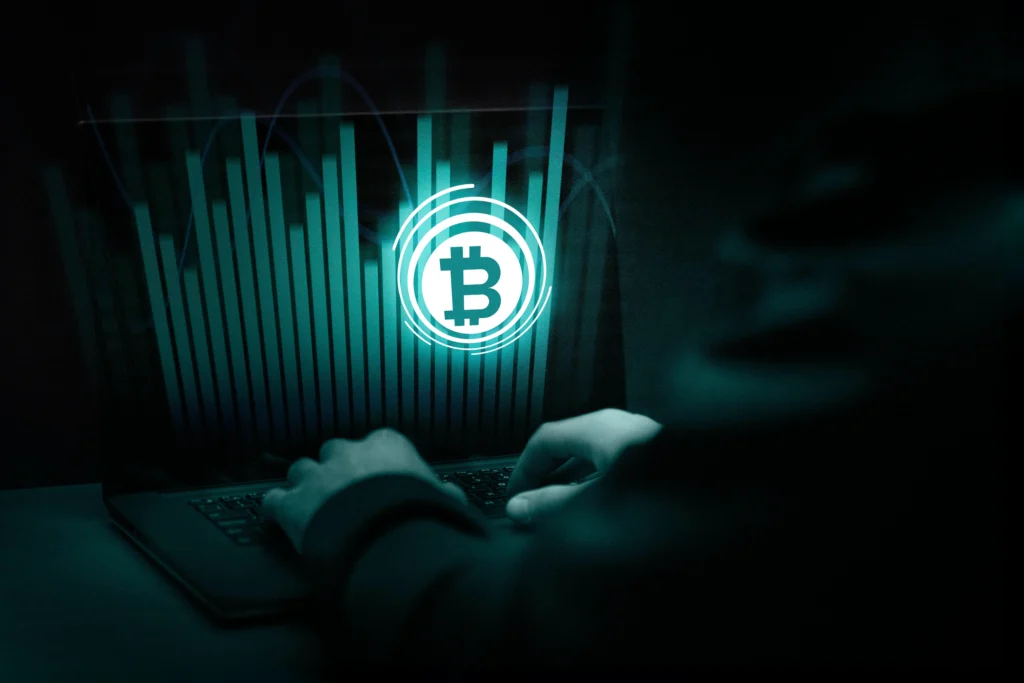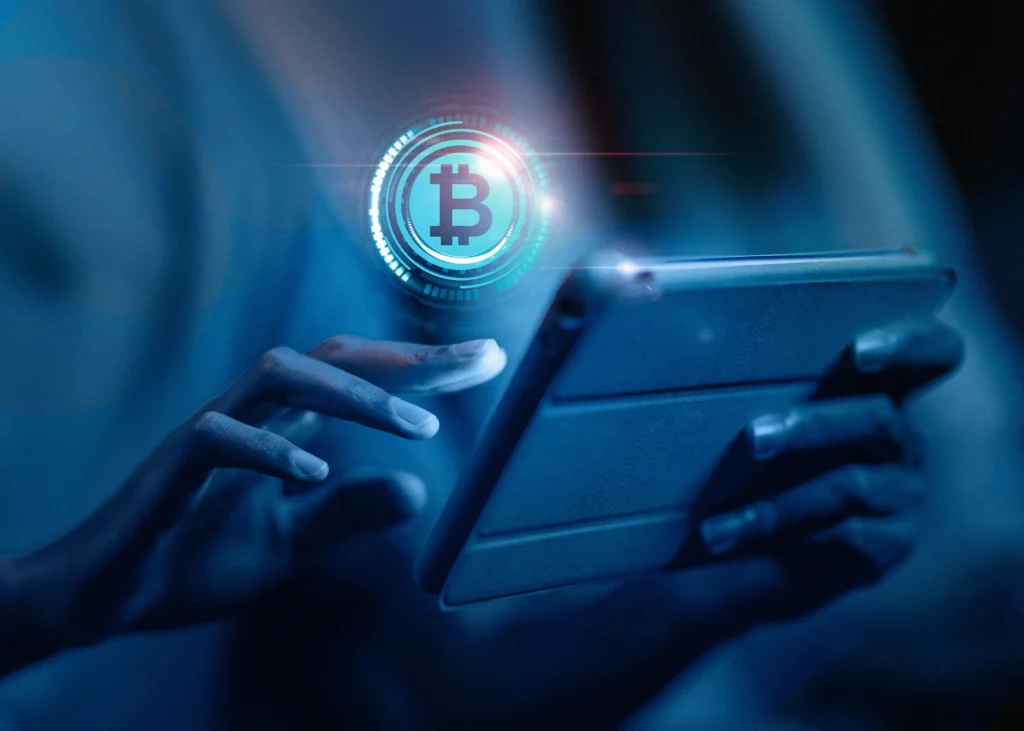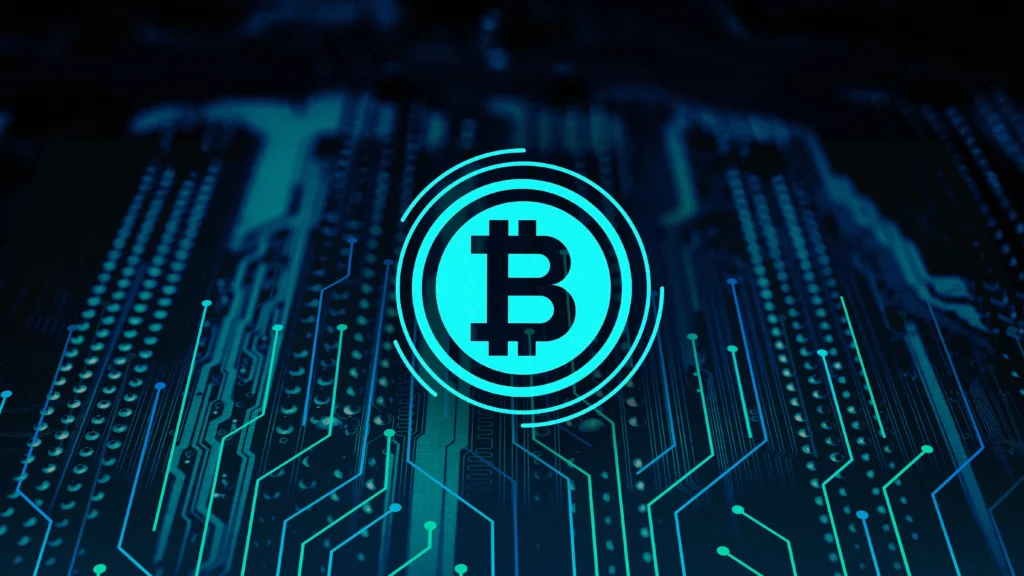Litigating Cryptocurrency Disputes
Going to court over cryptocurrency disputes
Cryptocurrency is being used by more and more people, from small buyers to large businesses around the world. Because of this, there are now difficult legal issues that need extra care. The rules for Bitcoin and other types of digital money are always changing, so regular laws don’t always work with them. This is why going to court over these arguments has become so important for people, businesses, and lawyers. This piece talks about how hard it is to settle arguments in the world of cryptocurrencies. It talks about the types of arguments that happen most often and the best ways to settle them.

Introduction
A cryptocurrency is independent if it doesn’t have a central authority and trades can be made without anyone knowing who you are. Most law systems have a hard time with them because of this. When it comes to standard financial systems, boards of directors and set procedures can settle differences. Things don’t always work this way in the bitcoin world, though. This means that solving problems in this case requires a deep knowledge of both the law and science. This is the beginning of a more in-depth look at how hard it is to go to court over coin issues and how the ways of handling these issues are changing over time.
How to settle disputes over cryptocurrency
The main point of many disagreements about cryptocurrencies is a simple mistake or wrong understanding of how they work. The way that blockchain technology and coins work is not at all like the way that banks work. One example is that blockchain is not controlled, which means that the system is not run by a single group. Deals and conflicts are hard to carry out because of this. Things are already hard enough because people don’t always use their real names when they buy things with cryptocurrency. An important thing that can lead to problems is how well smart deals work. These are deals whose rules are put in code and are automatically carried out. If smart contracts don’t work as planned or the code isn’t clear, there could be disagreements about how to handle them. You can also look into how reliable deals are, especially if you think there might be a scam or mistake. Safety of online banks is also very important, since leaks and hacks can lead to big cash loses and fights over who gets the assets back. Bitcoin technology is so different that it needs its own way to settle arguments. Regular legal systems might not be able to handle how complicated it is.
Plans for how the law will handle disagreements about cryptocurrencies
Laws about cryptocurrencies vary a lot from place to place. This shows that governments and regulatory bodies have different ideas about how to handle them. Some countries see cryptocurrency as property or things, which changes how disputes about who owns something and how to move it are handled. Some places allow bitcoins as property, but people often argue about who owns them and how to move digital assets. Here, rules from property law are used to settle arguments, like ones about who has power and who gets the land. Sometimes, cryptocurrencies are seen as securities. When people disagree, they must follow the rules that govern deals involving securities. This label changes the legal choices that people have and the amount of control they have over their lives. There are also more decentralized finance (DeFi) systems and blockchain-based apps coming out, which makes things even more difficult. A lot of people don’t know which laws apply because these sites don’t always follow the rules set by authorities. So, lawyers and courts have to deal with a law system that is hard to understand and is always changing. They have to use old laws to deal with new tools like blockchains and cryptocurrencies.
Types of Cryptocurrency Disputes That Take Place Quite Often
There are many types of disagreements in the bitcoin world, and they are all tough to handle. Smart deal disagreements are a good example of this. For smart contracts to work, the terms of the deal must be saved in software so that they are carried out immediately. They save money and time by not having to deal with agents, but they can also be a problem if the code doesn’t work right or if people have different ideas about how to understand the terms of a contract. Some people might not agree that a smart contract was properly carried out if, for example, it makes no sense or doesn’t cover certain cases. Fraud and holes in security are two more big reasons why people don’t agree. A lot of the time, coin exchanges are final, which means they can’t be taken back. This inability to be deleted can make frauds like hacks and scams even worse, which could lead to big losses in money. It might be tough to get back things that were lost, and there could be court cases over who is at fault and how much to pay. A lot of legal problems can also happen, especially if digital files are lost, stolen, or taken without permission. Of course, digital assets need clear proof of ownership and transfer. Real assets, on the other hand, can be watched and checked in more common ways. If there aren’t any proper papers or if there are clear threats, it can be hard to prove control.

Plans for how to settle cryptocurrency disputes
You need methods that are made to deal with the problems that come up in the world of digital finance in order to settle bitcoin disputes. One of the most useful things about blockchain is that it is clear (see below). Blockchains keep a public record of all transactions. Anyone can look at this record to see who bought or sold something and why. Being open about these things can help settle arguments about title claims and transaction records. In other words, they might be able to offer faster and more personalized answers than the court system. People who disagree about cryptocurrencies may also go to business or government groups that know how to handle these kinds of issues. These groups can help people work out their differences and give them useful tools, especially when it comes to following the rules and standards of the business. Being a part of these groups can help people get through tricky legal situations and find good ways to settle their differences.
What lawyers can do to help with cryptocurrency issues
When there are disagreements about coins, lawyers play a big role. Because rules and technology change so quickly, it is important for lawyers to know about the latest changes in bitcoin law and technology. When lawyers know things like this, they can help clients who are having problems with coins by giving them good advice and support. Lawyers in this field need to know both old and new rules of the law and follow them. They also need to know a lot about the blockchain system and how cryptocurrencies work in order to do a good job of representing their clients. Most of the time, this means working with agents and tech experts to find proof about digital assets and deals and study it.
How Cryptocurrency Disputes Will Be Handled in the Future
In order to keep up with changes in the bitcoin market, conflict resolution is likely to change too. How differences are treated and settled will depend on how laws and rules change, new tools come out, and business practices change. One example of a new trend that could lead to better and faster ways to settle arguments is using AI and blockchain data together. It might be easier to spot and stop scams, see patterns in deals, and come to an understanding with these tools. Also, if more is done to make bitcoin rules and processes more consistent, the results of conflicts might be more consistent and what people expect. More clear rules and directions will help people avoid problems and find better ways to solve them if everyone works together. The bitcoin industry is expected to continue to grow and develop as a result of these changes. This will increase trust and safety in a financial system that is always changing.

Conclusion
In order to handle coin cases in court, you need to know a lot about both the law and the science involved. The law needs to change to deal with new problems and issues as the world of bitcoin changes. People who work in the bitcoin business, in the government, and as lawyers need to work together to make a more stable and adaptable way to settle disagreements. If everyone works together, the bitcoin industry will continue to grow and improve. This will make the fast-changing financial system safer and more trustworthy.